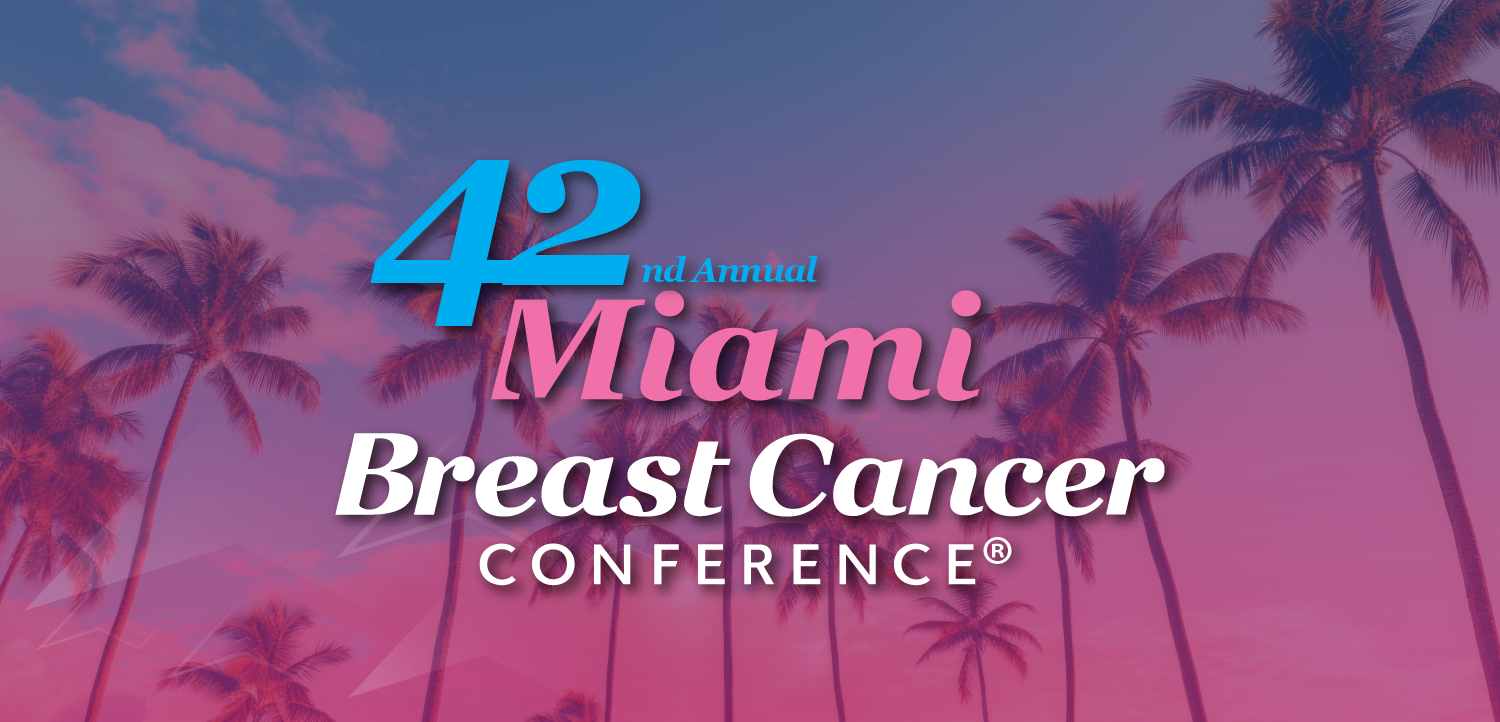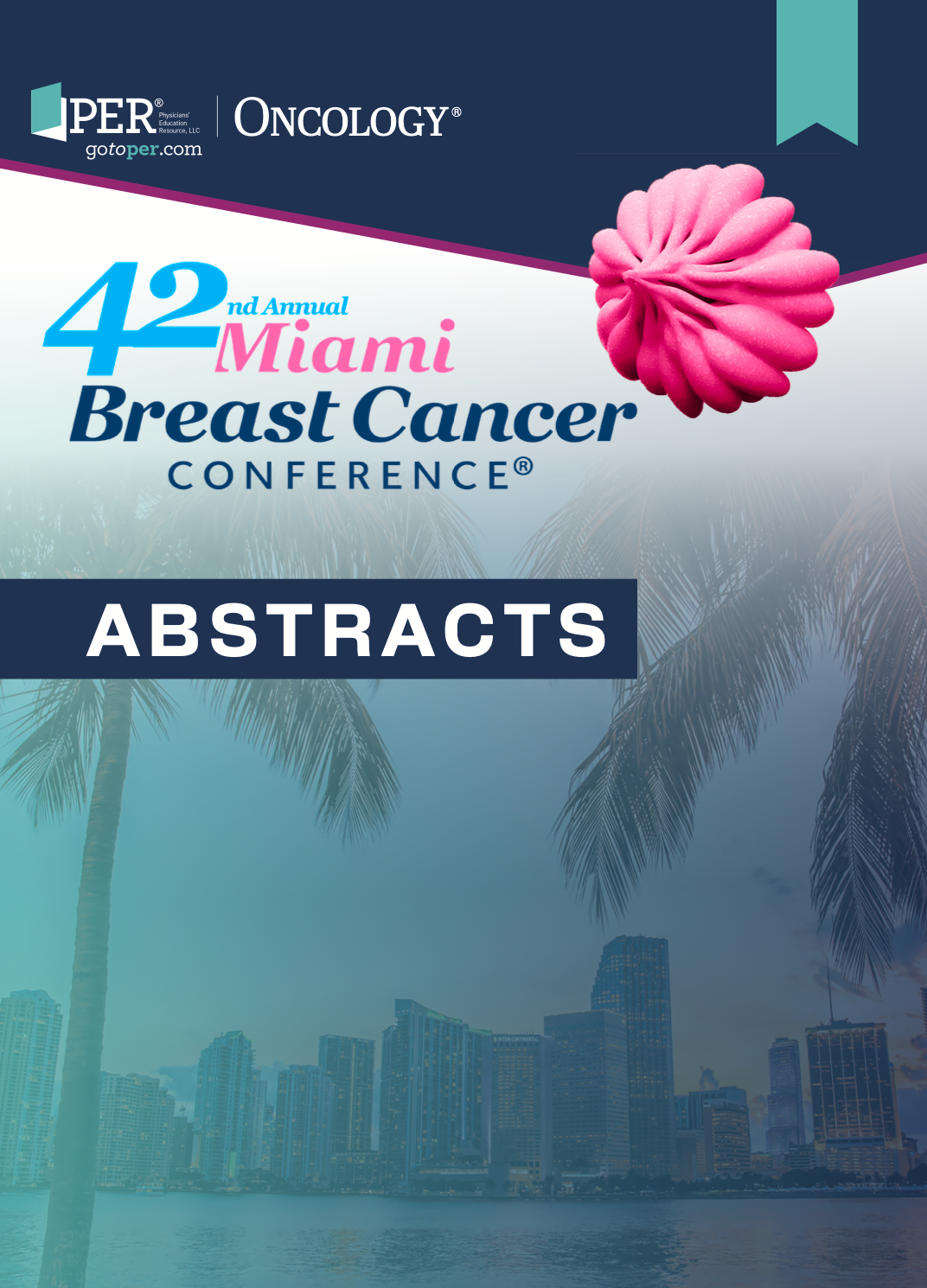91 Adverse Effects and Financial Burden of Radiation Therapy in Patients With T3N0M0 Luminal Breast Cancer
91 Adverse Effects and Financial Burden of Radiation Therapy in Patients With T3N0M0 Luminal Breast Cancer

Background/Significance
There is no definite recommendation regarding post-mastectomy radiation therapy (PMRT) in patients with T3N0M0, luminal breast cancer. We have previously shown that in patients with hormone receptor (HR)–positive, HER2-negative tumors and low recurrence prediction scores experience a comparable rate of recurrence irrespective of PMRT. Radiation therapy adds morbidity including dermatitis/fibrosis, breast/chest wall pain, impaired mobility, breast/arm edema, and cardiac adverse effects (AEs). Our goal is to investigate the AEs of radiation therapy and to use Medicare reimbursement data to assess the financial burden of radiation therapy in this patient population.
Materials and Methods
We performed a retrospective chart review of all female patients at our institution with T3N0M0, HR–positive, HER2-negative breast cancer who underwent mastectomy between 2012 and 2022. Patients were divided into 2 groups based on the administration of PMRT, and early and late AEs of PMRT were recorded. We then analyzed the cost of radiation therapy based on Medicare reimbursement data. The additional cost of treating radiation therapy-related AEs was not included.
Results
Of the 84 patients who met the study criteria, 56% (n = 47) underwent PMRT, and 44% (n = 37) did not. The mean age was 60.9 years (± 13.0), and the median follow-up was 82 months (range, 4-152). There was no statistical difference in age, mean estrogen receptor (ER) or progesterone receptors (PR) H-score, or T stage between the PMRT and no-radiation therapy groups. In the PMRT group, 27% (n = 10) of patients had immediate breast reconstruction.
There was no significant difference in local recurrence rates (2.1% and 5.4% in the PMRT and no-PMRT groups, respectively; P = .42), or distant recurrence rates (8.5% and 4.3% in the PMRT and no-PMRT groups, respectively; P = .58). Radiation therapy-related local complication was seen in 26 patients; minor skin toxicity (hyperpigmentation, telangiectasia, skin thickening, n = 20), major skin toxicity (n = 2), dehiscence/necrosis (n = 1), Lichen sclerosus (n = 1), angiosarcoma (n = 1), implant capsular contraction (n = 1), and cardiac events were seen in 29 patients (events related with coronary artery disease, stroke, arrhythmia). In this cohort, radiation therapy would cost Medicare an additional $656,619 ($13,970 per patient).
Conclusion
In the T3N0M0, HR–positive, HER2-negative breast cancer group, radiation therapy did not reduce the recurrence rate of breast cancer, but it significantly increased morbidity and costs. Consistent with the SUPREMO trial result, omitting radiation could reduce patient AEs and financial stress in this patient population.
